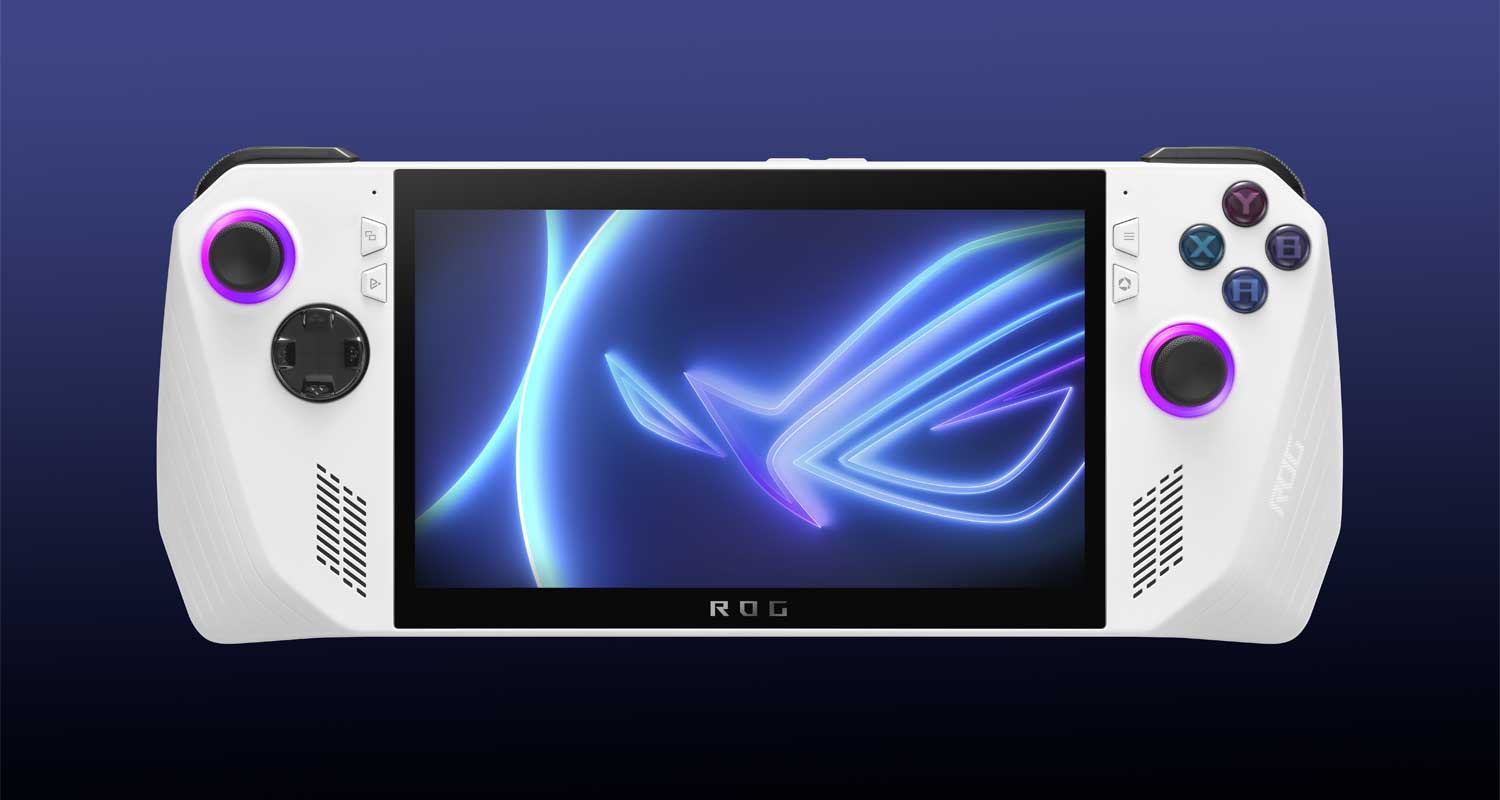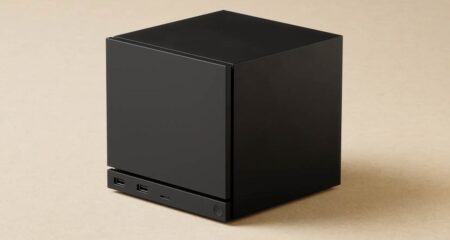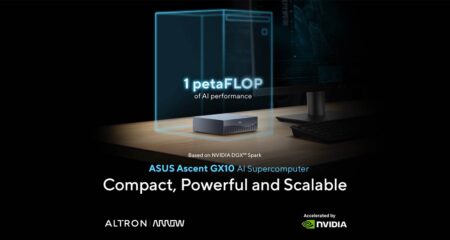 From mid-June, gamers in South Africa will finally get their hands on the much-awaited Asus ROG Ally handheld gaming device.
From mid-June, gamers in South Africa will finally get their hands on the much-awaited Asus ROG Ally handheld gaming device.
It will cost R16 000, or about R1 000 cheaper than Valve’s Steam Deck, seen as Asus’s chief competitor. The Steam Deck’s 64GB and 256GB versions retail for R17 000 and R21 500 respectively, through parallel import – they’re not sold through official channels.
While the Steam Deck garnered significant attention as a portable gaming PC, it’s important not to overlook Windows handheld gaming PCs that came before it.
In the 15 months since the Steam Deck’s debut, several competitors have entered the market. Some offer greater power, premium build quality or higher-resolution screens. However, none has managed to match the combination of good battery life, portability and affordability provided by Valve’s portable gaming device.
But the Asus ROG Ally represents a significant leap forward for Windows handhelds in important respects. Unlike the Steam Deck, the AMD Z1 Extreme-powered Ally offers notable improvements in performance without sacrificing slimness or affordability.
Its impressive power delivery surpasses that of Windows competitors, and the device’s quiet operation and variable refresh rate screen (up to 120Hz; full HD) contribute to a smooth gaming experience.
But wait…
Before rushing out to pre-order the Asus ROG Ally, it is essential to consider three key factors: battery life, glitches and the limitations imposed by the Windows operating system on handheld usage:
- Battery life: The Ally’s battery life is relatively short compared to its peers, potentially impacting extended gaming sessions. Gamers shouldn’t expect much more than about two hours of game time on the best settings before having to plug it in. Users can continue playing while the device is charging.
- Glitches: The handheld’s user interface suffers from major on-screen glitches, which may hinder the overall user experience. It is crucial to evaluate how Asus addresses and resolves these issues with future updates.
- Handheld Windows experience: While running Microsoft Windows may seem advantageous, especially given so many games are written for the operating system, using it on a handheld device presents several challenges. Despite Microsoft’s involvement, navigating Windows on a handheld is not as intuitive as expected.
The Asus ROG Ally marks a significant step forward for Windows handheld gaming PCs, offering improved performance and a smooth gaming experience.
Although it boasts impressive features and power, potential buyers should carefully consider factors such as battery life, software glitches and the limitations of using Windows on a handheld device.
Nevertheless, the Asus ROG Ally presents a strong contender in the increasingly competitive handheld gaming market, providing a compelling alternative to the Steam Deck and even Nintendo’s less-powerful Switch (which retails for R7 500 and up) for gamers seeking portability, power and a smoother gaming experience. – © 2023 NewsCentral Media




